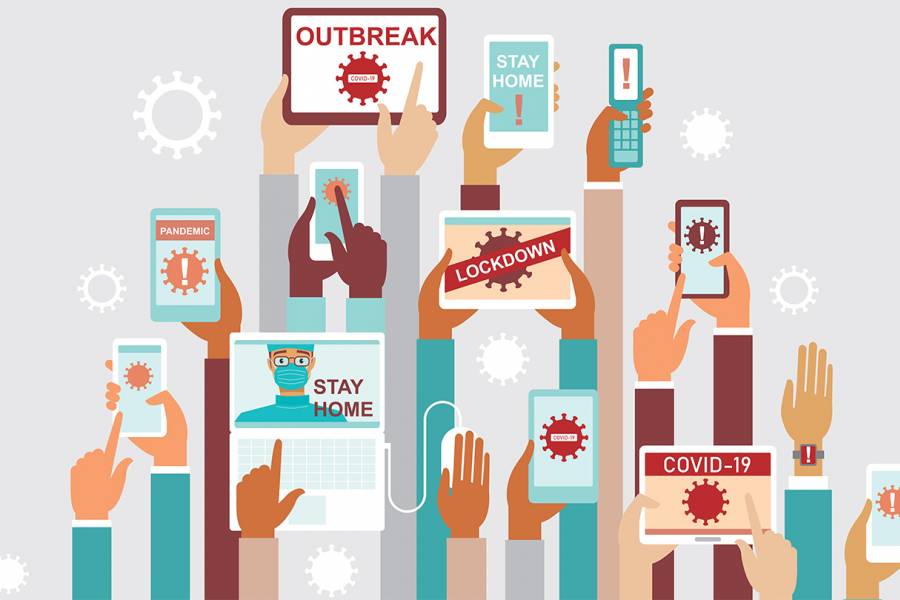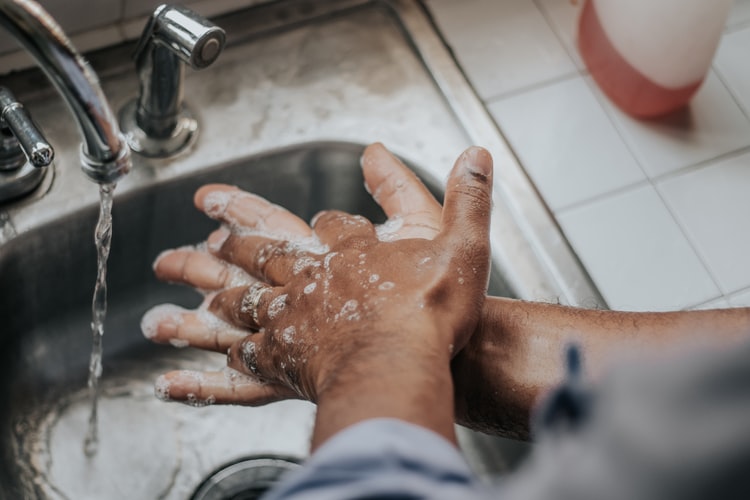COVID-19 has triggered feelings of doubt, panic, and despair across the globe; but for the 1-2% of the UK with Obsessive Compulsive Disorder (OCD), the present circumstances are especially unsettling.
OCD is a mental health condition where a person engages in compulsive behaviours and experiences unwelcome obsessive thoughts. Nearly thirty years ago, it was considered to be one of the most disabling illnesses to live with as stated by the World Health Organisation (WHO). Today, WHO catalogues OCD tenth in the most common causes of disability.
Since the start of the coronavirus pandemic, government advice was problematic and the media response, whilst in some way necessary for the public to grasp the gravity of the crisis and the importance of personal hygiene, was excessive. Opinions and perspectives on social media were largely uncontrolled. 2020 has been challenging, especially for those with mental health conditions such as OCD.

According to OCD Action, the UK’s largest OCD charity, the number of people seeking support for OCD during the coronavirus pandemic has risen, so much so that the charity has doubled the number of support groups it operates to fulfil the demand. Alongside this, OCD Action volunteers are working extra shifts to help as many people as they can.
“The mental health of 72% of OCD sufferers worsened during the pandemic.”
A survey published by the charity Mind in June this year showed that people with OCD are among those most affected by the impacts of coronavirus. They found that the mental health of 72% of OCD sufferers worsened during the pandemic.
70% of those diagnosed with OCD stated that their mental health had suffered due to difficulties obtaining food and supplies. For example, sales of hand sanitiser increased by 225% in February, with stores such as Boots having to limit the quantity customers could purchase in a single transaction. This shortage aggravated obsessive behaviours of OCD sufferers even further by forcing them to wash their hands more often. This only increased the likelihood of anxiety and physical damage such as raw and bleeding skin. So-called ‘opportunists’ began to capitalise on these shortages. For example, twelve 50ml bottles of Carex hand gel – typically retailing at £1 each in high street stores – were being listed for an extortionate £899 on eBay. Ultimately, these actions exposed those affected with OCD to even more trauma and stress at a time when many felt alone without face-to-face support from family, friends, or mental health professionals.

Alongside this, one young sufferer told me that “media and its fear tactics” and the inability for her to avoid “people’s personal opinions” caused her fear of disease and contamination to escalate and thus, she felt the need to access extra support. She later admitted to being more afraid of the media’s response to the pandemic than catching the virus as she was accurately following Government and WHO guidelines. She deemed advice given by OCD-UK as helpful and reliable sources of information. This corresponds with results of the Mind survey, which revealed 79% of adults and 73% of young people claimed charities were more helpful than any other source of information.
It is unsurprising that the number of people seeking advice for OCD during the coronavirus pandemic has risen. However, with most people already struggling to obtain the basic support they need to stay safe and healthy, it remains to be seen if charities can cope with the mental health crisis that has only escalated in corona’s wake.
If you are struggling with any mental health problems or feel the need to speak to someone, contact the University Counselling and Wellbeing service or your GP.
By Hollie Tuffnell
Header image: Mélissa Jeanty

